It’s difficult to find a show which meets the needs of the most devoted motorheads, yet that’s what “Roadkill” has been doing for over a decade. From its beginnings on YouTube to becoming a MotorTrend exclusive show, “Roadkill” has put great efforts into making the best automotive TV content, while not losing the fresh and relaxing factor that only the comfort that a common garage could bring to the audience.
The result is a show full of simple but great projects, which is perfectly complemented by a great cast of expert mechanics and restorers who never miss an opportunity to make a joke or two while working.
While there aren’t enough words to describe the many different and innovative projects “Roadkill” has presented to its audience throughout a decade on air, other topics related to the personal and professional endeavors of the hosts are always going around.
So what is David Freiburger doing now; whatever happened to him? Stay with us to know all about “Roadkill”s host, his current projects, and whether or not he’s still with the show!
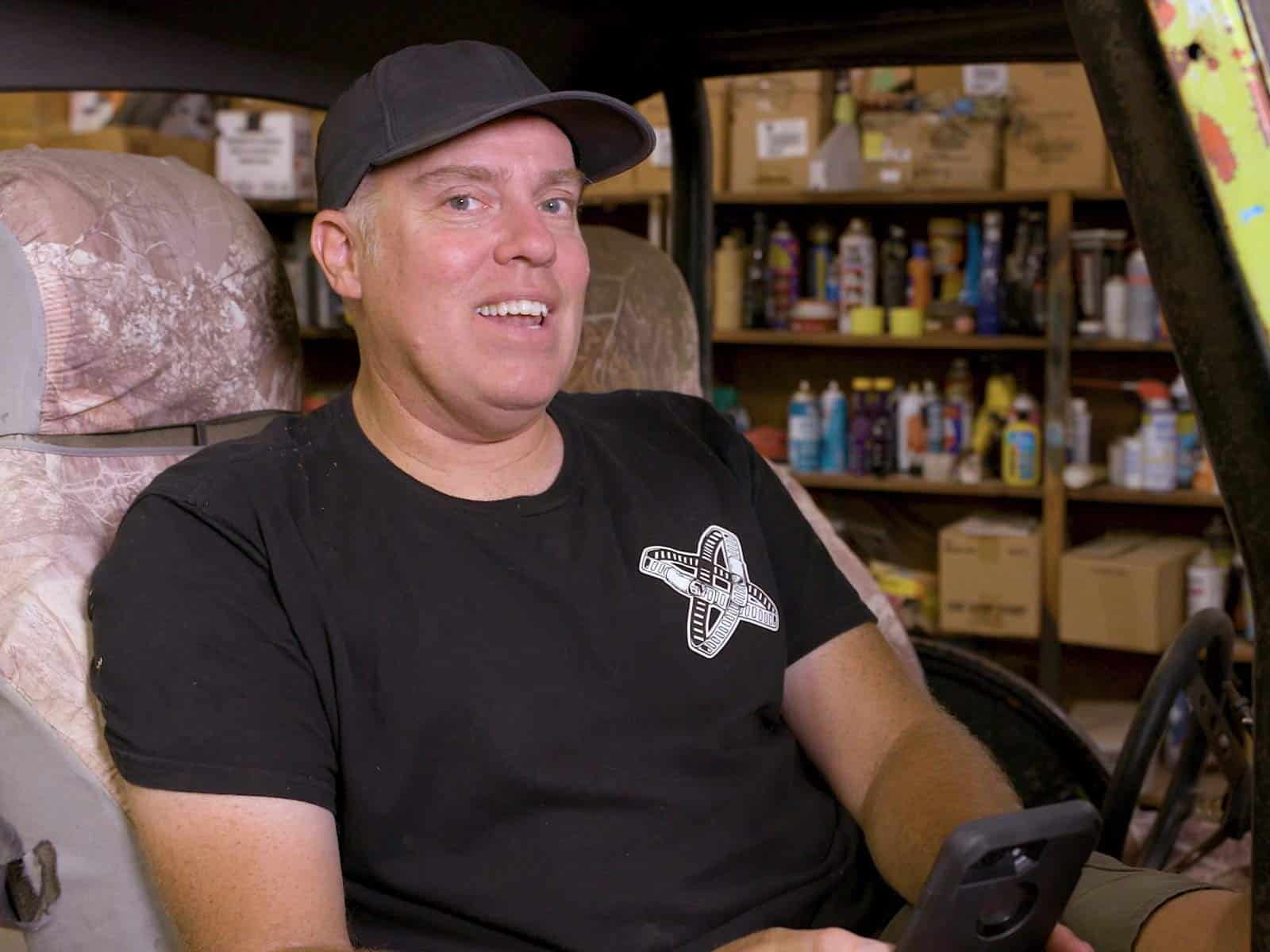
What Is He Doing Now?
There aren’t too many projects that a true car lover can’t handle, and David Freiburger is just that guy! Nowadays, David keeps very busy hosting the ongoing “Roadkill” show on MotorTrend OnDemand, and also other spin-off shows such as “Roadkill Garage” and “Engine Masters”. the latter which he announced would be coming back for a new season in March 2023.
Besides being quite the notable TV host and engine enthusiast, David is currently a content strategist for MotorTrend’s Hot Rod Magazine, though he’d worked for the magazine as editor-in-chief until 2015 and as a columnist, leaving the latter job in 2021 during his 30th anniversary with the network. Some of his other current projects include creating car-related content for his YouTube channel, and other short videos for the online series Roadkill Garage.
As well, he keeps his fans up to date with his whereabouts and automotive adventures through his highly-active Facebook and Instagram accounts, on top of starting Freiburger’s Shop, which lists a wide variety of original designs in T-shirts, caps, and stickers for the most dedicated motorheads in his audience.
All in all, it seems that David Freiburger never runs out of things to do.
What Happened To The Show?
Those who haven’t been up to date with the latest seasons of “Roadkill”, would surely be surprised by some of the recent changes the show has been through. Besides becoming a MotorTrend subscription exclusive show in 2018, the fan-favorite racer and mechanic Tony Angelo also left the show and the network altogether in recent times.
Angelo joined “Roadkill” in 2015, when David and co-host Mike Finnegan needed someone experienced enough to make all the heavy mechanical jobs possible. Nonetheless, while Angelo was more than a great help to the team and even got his own show not long afterwards, he chose to leave in 2022 to focus on his family and businesses on the East Coast, to where he’d originally relocated in 2020.
Although not seeing Angelo in the show might be shocking for some people, David, Mike and many original featured mechanics are still there to bring up all “Roadkill”s magic. The show preserves its monthly episodes schedule just as in the old times, by premiering its 12th season 2023, and successfully surpassing the 10-year on-air mark.
Get ready for more of your favorites! #Roadkill, #RoadkillGarage, #EngineMasters, and #FasterWithFinnegan have been renewed! Stream EVERY EPISODE now on the @MotorTrendApp ➡️ https://t.co/x6dbKmftoe pic.twitter.com/stvIk6TdPJ
— Roadkill (@RoadkillShow) September 1, 2021
Other “Roadkill” Projects
While “Roadkill” is a show which has stood on its own since its beginnings, some of its spin-offs have contributed a lot to its success.
The first was “Roadkill Garage”, which was born in 2016 to meet some viewers’ needs of seeing the projects previously shown in “Roadkill”, but from a different perspective. Described as a show which tells viewers ‘how to do the wrong thing the right way’, “Roadkill Garage” is hosted by David Freiburger and Steve Dulcich, and in 2023 has aired seven seasons.
https://www.facebook.com/DavidFreiburger/posts/pfbid02S3Pp9WdDoAwSXDdmAWg7i2e7BLPEuGxtE8QF4mJjHevJNfZtyAUiRsLCE26VVgRjl
Though we’re used to seeing David and his co-hosts getting wild in other shows, “Engine Masters” is quite different in that regard, due to the detailed projects featured in it. Born in 2016 from the annual competition Engine Masters Challenge, the show has David, Steve Dulcich and Steve Brule getting all-technical over engine testing, without losing their characteristic good sense of humor while doing so.
“Roadkill” also inspired Roadkill Nights, an annual race and exhibition which gathers small and big tire race cars around the country. The events are hosted by David and Mike Finnegan, and give out thousands in prizes to the fastest and most amazing cars.
Overall, the many projects born from “Roadkill” speak loudly of the show’s success.
Past & Current TV Projects
Besides hosting “Roadkill” and its many spin-offs, David Freiburger has been involved in a fair share of other TV projects, either behind or in front of the cameras.
Some of his most notable TV projects include serving as a guest host for “Best of Top Gear”, “Shift Talkers” and the annual editions of “Holiday Hooptie Challenge”. David has also been deeply involved in the production of “Hot Rod Garage”, which he initially hosted when it premiered in 2014, but left in the hands of Lucky Costa and Tony Angelo in 2015.
Regarding the success of “Hot Rod Garage”, David affirms that it was a mix of making it the show people were looking for, and choosing the right hosts around: ‘They took “Hot Rod Garage” to a level I didn’t think was possible given the budget and time constraints that show was launched with. It’s a much better show now’, he told MotorTrend in 2022.
David also starred in the 2017’s short documentary “200 MPH Club”, which closely follows him and Keith Turk as they pursue a land-speed record of 200 mph at the famous Lake Gairdner in Australia. Also, a couple of times guesting in David Chappelle and Fred Williams’s show “Dirt Every Day”, David hasn’t shied away from showing his extreme skills behind the wheel.
What Happened To Roadkill Magazine?
Now that it’s been a while since “Roadkill” has aired on TV, many long-time fans of David Freiburger wonder what happened to Roadkill Magazine, which started publishing in 2016, but suddenly ceased circulation in 2018.
The magazine started as a complementary project for “Roadkill”, featuring some extra information about the show and putting other new projects under the spotlight. Its quarterly schedule made it easier for David Freiburger and co-host Mike Finnegan to cover several topics in it, making it one of the most complete car-related magazines out there. The project also bet on a late boom of print formats, thought to be a ‘dead business’ at the time, as the then head of MotorTrend Group editorial Scott Dickey told Wall Street Journal in 2016.
While the project was published by the MotorTrend Group, and followed a similar format to the legendary Hot Rod Magazine released by the network, in the end, Roadkill Magazine couldn’t replicate the success of other “Roadkill”-related projects. As affirmed by Mike Finnegan during an episode of The Kibbe and Finnegan Show podcast, Roadkill Magazine was too expensive compared to other publications, and despite releasing only four times a year, the amount of work and its high budget wasn’t on the same level as its results.
Who Is David Freiburger?
Long before “Roadkill” and all the projects which came with it were born, David Freiburger was already a very well-known name in the automotive industry. His beginnings in the field date back to 1989, when he was featured for the first time by the magazine 4WDrive Action.
Although his early works were as a freelancer, it was enough to gain him interviews with magazines such as Car Craft and Rod & Custom, until he was finally hired by Hot Rod in 1991, and his life changed forever.
While working as a staff editor of single issue publications such as Hot Rod Camaros and Hot Rod Engines, David slowly made himself a name inside the company, to the point of becoming Petersen’s 4-Wheel & Off-Road expert in only five years. However, David affirms that the highly sought-after job of editor-in-chief was offered to him for the first time in 1997 by the then Hot Rod’s president John Dianna: ‘I turned it down because I wasn’t ready for the corporate pressure; you just ended your career, but nonetheless handed me subsequent promotions’, he wrote in 2021.
It was a case of waiting for the right time, though. In 2001 David finally became Hot Rod magazine’s editor-in-chief, and produced some memorable side editions such as Roadkill, a print predecessor of the TV show.
Regrets & Highest Points
Regardless of how successful his career has been so far, even David Freiburger could list a couple of things he wishes would have been done better. As he recalled during his goodbye article from Hot Rod in 2021, not networking enough is the thing he regrets: ‘Retrospect shows me how much more I could have lived had I only known how special it was at the time’, he wrote. In a later interview with FuelCurve, he admitted that a big regret is never having the chance of working with the legendary Mickey Thompson, who unfortunately died in 1988, when David was starting his career in the industry.
https://www.instagram.com/p/CptCsbLS1km/
While it’s sometimes easy to remember the bad, David’s career in the automotive industry has been blessed by many great moments. The first decade of his career saw him becoming an editor of Car Craft Magazine and Rod & Custom Magazine, as well as taking the president’s spot in the short-lived Car Junkie TV company.
Some of David’s most pride-worthy creations include the magazines Hot Rod Deluxe, Fastest Street Car, and Overkill, as well as initiating the five-day long competition Hot Rod Drag Week, and others such as the now-discontinued Hot Rod Pump Gas Drags.
David’s Car Collection
As any respectable car lover, David Freiburger has collected a wide variety of cars of which he’s justly proud. Some are no longer with him, and others have resisted the passage of time to become classics in his garage. Nonetheless, all of them meant something to David, in one way or another.
While David has owned a wide variety of Dodges, the 1970 Dodge Super Bee holds a huge place in his heart for not only being his first car, but for still keeping a safe place in his garage, even after going through five engine changes. In 2022, his car count was at 23, yet he’s owned 180 autos in total at the time.
Other memorable but sold cars from David’s collection have been the 1969 Plymouth Satellite which he sold when Car Junkie TV fell off, as well as a black 1971 Plymouth Road Runner he owned at 19 years old.
Leaving the past behind, some more recent additions to David’s collection include a 1951 Jeep M38, a 1968 Dodge Charger, a 1956 Chevy 210, a 1999 Dodge Ram 2500 V10 4×4, and a 2017 Dodge Challenger R/T, which he surprisingly bought fresh from the showroom, an unexpected move from a guy known for his distaste from late models. Nonetheless, it’s evident that David prefers his rides to be old, classic, and junk-looking, if possible.
Transition From Magazines To TV
Despite being used to the magazine business, and having more experience in it than most people could dream of, David Freiburger considers his TV projects far easier to handle than his job at Hot Rod Magazine and other publications.
When asked about it by FuelCurve, David affirmed that the non-scripted format of reality shows offers him the perfect platform to showcase his love for cars: ‘TV is far easier for me than editing a magazine. TV only takes one idea per show, whereas filling a magazine issue requires two dozen ideas or more’, he said.
David seems happier now that he’s a full-time TV host. As he wrote in one of his now-occasional columns in Hot Rod Magazine, his job for the small screen involves content creation and planning, yet the success of it all comes from the same principles he had as a magazine editor, which was keeping all real: ‘We are extremely fortunate that we still don’t have any scripts or fake drama, as the hosts are mostly in charge of the content for the shows’, he said.
David has worked on a wide variety of projects throughout his career. While some of those failed and others weren’t very successful, what stands out the most from them is how dedicated David is to his craft, proving how far a gearhead can go, just to make his dreams a reality.

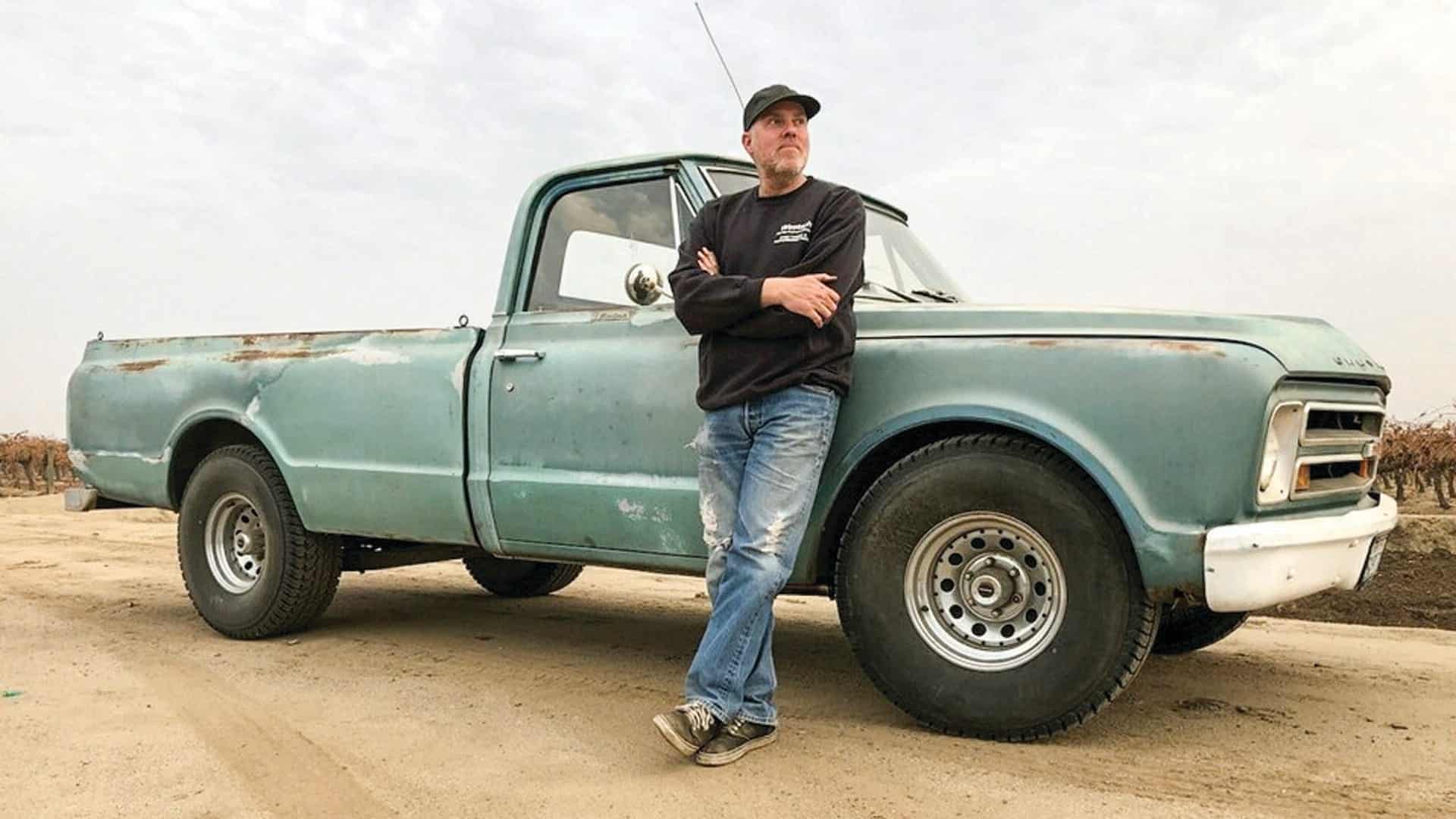

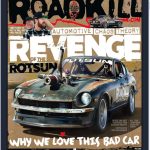
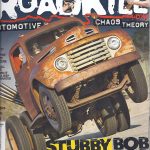
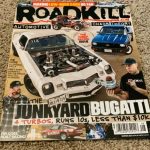
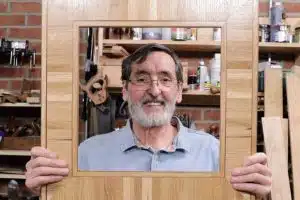
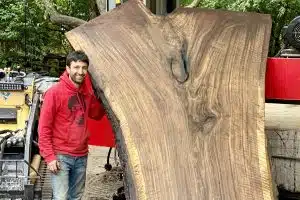
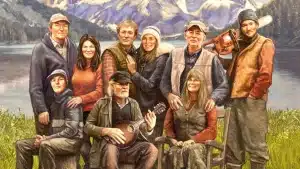
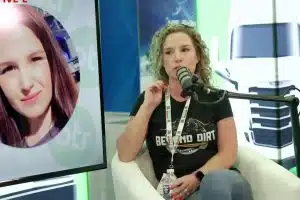

Leave a Comment